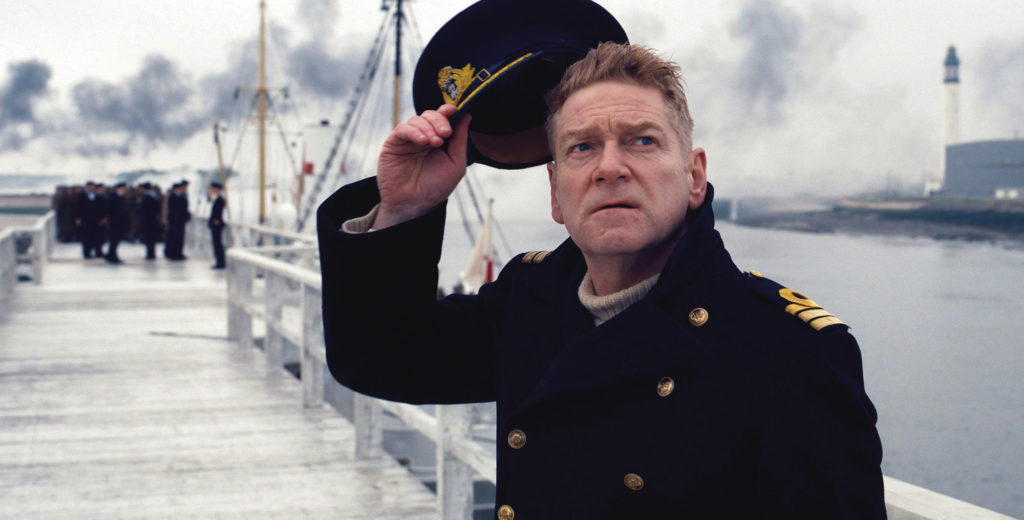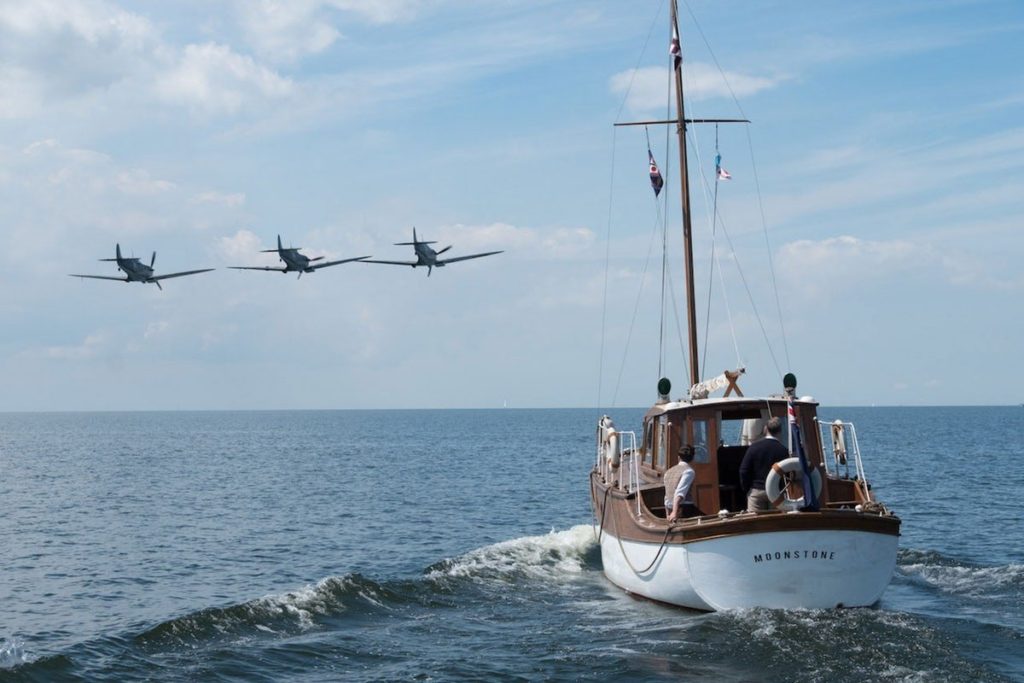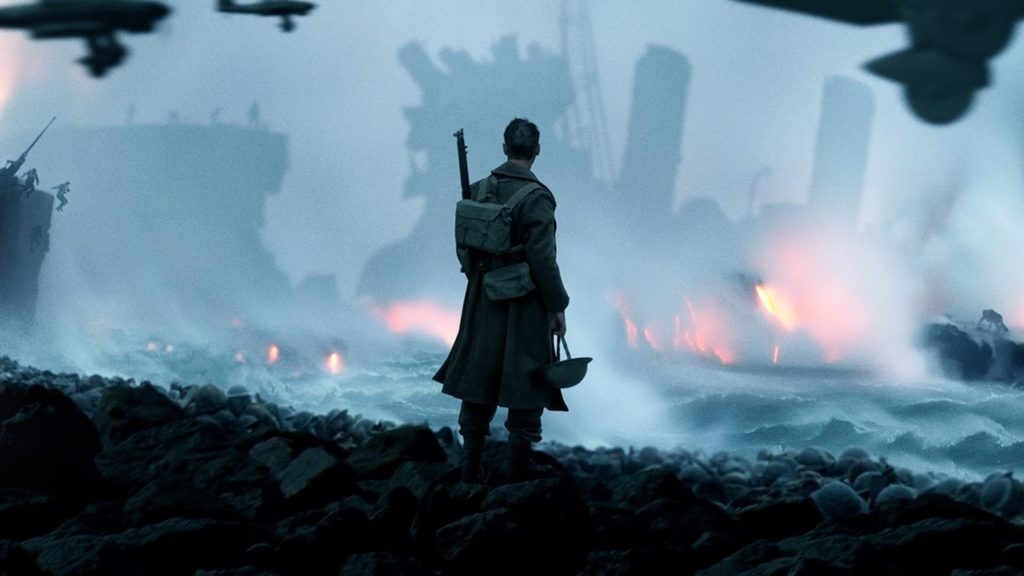“Dunkirk” successfully captures the immense and unfathomable chaos of the evacuation of 300,000 + Allied soldiers from northern France in late May, 1940. The 2017 historical drama, written and directed by Hollywood stud Christopher Nolan (“The Dark Knight”), was nominated for eight Academy Awards – winning three. It has a glorious breadth of realism, cinematography, and effects, putting the viewer right in the harrowing mindset of those involved.
It takes a different approach than other war movies, particularly successful ones like “Saving Private Ryan” or the now showing and thoroughly amazing “1917.” With “Dunkirk,” we don’t get a personal story of an individual stuck in the war. Rather, we get the war itself as the story, and the people involved feel like an aftermath or a footnote to the incredible tides of history. Nolan uses little dialogue to advance the plot, relying on perspectives from land, air, and sea. There are no central stars – yes we get stellar performances from big names Tom Hardy and Cillian Murphy – but both are part of a larger ensemble, and work as small cogs to the enormous scope of the actual event – historically noted as the Miracle of Dunkirk.

We open with the immediate bedlam of the event, the aftermath of the Battle of France, with the rapidly advancing Axis forces pinning the retreating Allies against the English Channel at Dunkirk Beach. The sheer mayhem of the war is brought to us with frightening detail. An early and memorable scene depicts German fighter planes screeching in from the skies. The tens of thousands of helpless soldiers on the beach all hit the ground as the gunfire and bombs scatter about, and when the planes have passed, we see the soldiers get up – but not all of them.
World War 2 has always been a great source of fodder for cinema. It’s really difficult to believe that it actually happened in the way that it did. “Dunkirk” tells it well, though in a very broad scale. I think the only deficiency with the film was the conscientious decision to have an ensemble cast and to spread the focus among various story lines. There’s nothing more cinematically appealing than a dogfight over the English Channel, or a civilian father and son using their private boat to help the retreating soldiers. But there’s so much action and pandemonium at play, we never really get to invest in any one character.

It’s not to say that the direction is bad, just different. The fighting scenes are incredibly on point, specifically the plane battles over the pounding waves of the sea. The actors do a great job of conveying the importance of the events. Germany has just conquered France, and England is next. Successful evacuation of Dunkirk would lead to Churchill’s famous “we shall fight on the beaches” speech that played a key moral boost to the war. Even though we know what’s going to happen, there’s still tension and high stakes drama throughout. It really is a lost cause, and a miracle that the end result came about as it thankfully did.
“Dunkirk” is an excellent war movie that keeps an exciting plot, albeit a chaotic one. It’s got more action and explosions than a Marvel movie, and tells the grit and bravery of real life heroes.


